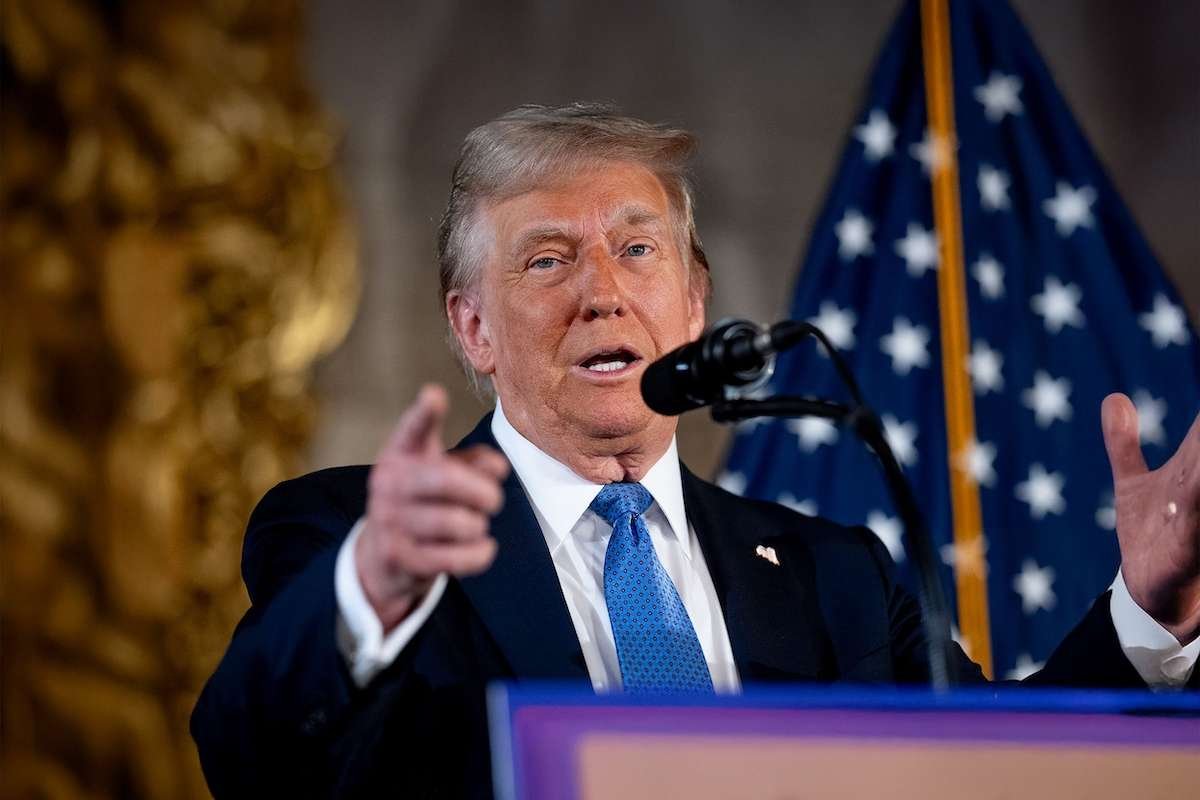In a high-profile speech on July 23, 2025, former U.S. President Donald Trump unveiled a bold AI Action Plan titled Winning the AI Race: America’s AI Action Plan. Presented at a Washington tech summit, the 28-page blueprint lays out over 90 federal policy recommendations centered on turbocharging AI innovation, enhancing national tech infrastructure, and asserting U.S. leadership on the global stage.
Trump emphasized that the U.S. must “dominate” in artificial intelligence to counter China’s advancements, calling for aggressive reforms. The plan proposes fast-tracked approvals for data centers and chip factories, deregulation of AI development, and curbs on state-level restrictions. It also promotes shifting federal AI research investments away from states that impose “anti-innovation” laws.
Executive Orders Target ‘Woke AI’ and Expand Federal Control
Alongside the AI Action plan, Trump signed a series of executive orders designed to ensure that federal AI projects and contracts steer clear of ideological “bias.” These orders restrict government funding for AI models that incorporate diversity, equity, and inclusion (DEI) metrics, mandating “neutral and objective” standards instead.
The orders also accelerate permits for AI infrastructure and discourage copyright licensing models that would require developers to pay for using training data from books and articles—moves Trump denounced as “bureaucratic nonsense.” He criticized such copyright protections as undermining U.S. competitiveness while giving China the upper hand.
Trump’s policy also grants sweeping authority to federal agencies to reshape procurement standards and block any AI system perceived as politically skewed. Critics warn this opens the door to censorship by omission, where only AI systems aligning with specific ideological lines get federal approval.
Tech Industry Applauds, But Critics Raise Alarms
Trump’s aggressive AI pivot has drawn significant support from industry leaders and venture capitalists. David Sacks, appointed as AI and crypto czar, said the AI Action plan marks a “turning point” for U.S. innovation. Tech giants like OpenAI, Nvidia, Oracle, and Microsoft are among those supporting Trump’s deregulatory vision, many of whom are already deepening lobbying efforts in Washington.
A key initiative spotlighted during the announcement is the proposed “Stargate” project, a $500 billion infrastructure investment backed by OpenAI, Oracle, and SoftBank. The project aims to bolster U.S. capacity for AI development and cement global export dominance.
Still, experts and civil rights advocates remain cautious. They warn that stripping away safeguards around transparency and bias could worsen misinformation, entrench monopolies, and create unchecked corporate influence over public-facing AI. Others fear the suppression of diverse perspectives in federally endorsed AI tools may have long-term consequences for democracy and public discourse.
Trump’s AI Action Plan signals a sharp turn in U.S. tech policy—prioritizing speed, power, and ideology over regulation and equity. Whether this approach accelerates American innovation or deepens ethical risks will depend on its execution and public response in the months ahead.
Sources:
https://www.nytimes.com/2025/07/23/us/politics/trump-ai-nuclear-weapons.html







